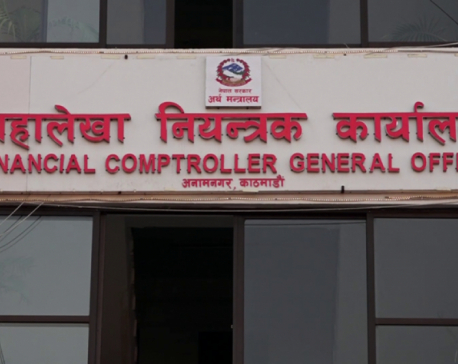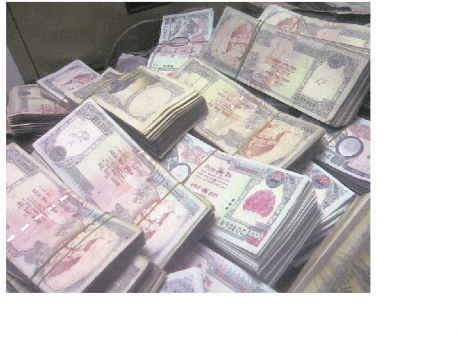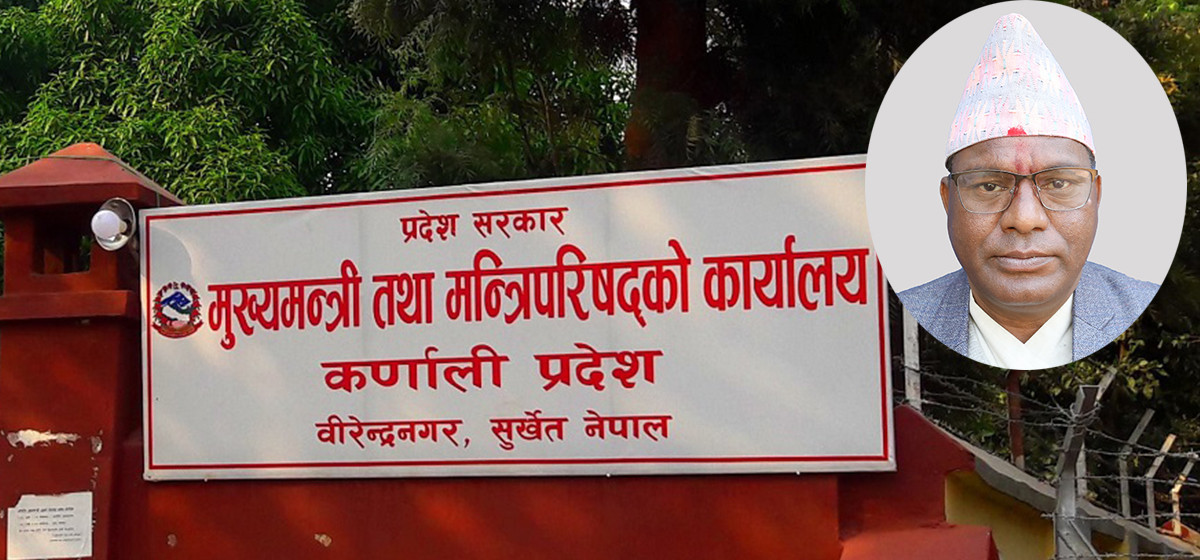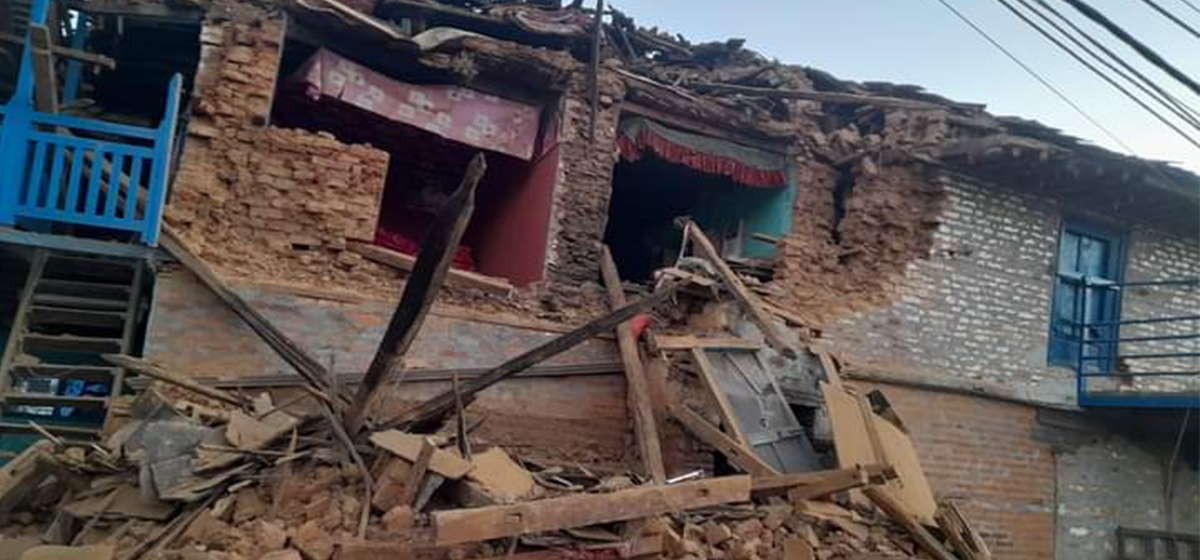
OR
#Editorial

The government's move to divert funds from planned mega projects to those under construction or to meet recurrent liabilities is a short-term solution that will only worsen the problem in the long run.
The news of the government's heavy reduction of funds allocated for development projects is disconcerting, but not surprising. The fact that the government is facing pressure from scanty financial resources as a result of low revenue collection is concerning for a developing country like Nepal. Development projects are critical for the growth of any nation, and Nepal is no exception. Without proper investment in infrastructure, industries, and other sectors, the country's economic growth will stagnate, affecting the lives of millions of Nepalis. The government's move to divert funds from planned mega projects to those under construction or to meet recurrent liabilities is a short-term solution that will only worsen the problem in the long run. The government's inability to collect revenue as per target is a clear indication of a lack of proper planning and management. The contractionary monetary policy implemented by the Nepal Rastra Bank to contain inflation is also partly to be blamed for this. The NRB has taken a policy to curb imports– a main source of the government's revenue– to stabilize the country’s external sector and restrict banks to invest in real estates, which is again another major source of government’s revenue, to tame artificial increase of real estates. However, the government's immediate response of slashing budgets for development projects is not a sustainable solution.
Development projects require consistent funding over an extended period to achieve their objectives. A reduction in the budget allocated for development projects is a significant setback that can severely impact the progress of the projects. The reduction in the budget ceiling for the Ministry of Industry, Commerce and Supplies and the Ministry of Physical Infrastructure and Transport will undoubtedly affect the progress of critical projects in these sectors. The reduction in funds for the Prime Minister Nepali Product and Consumption Promotion Program is another example of how crucial programs can be affected by low revenue collection. Furthermore, the government's move to divert funds from planned mega projects to those under construction or to meet recurrent liabilities can have a ripple effect on other projects. For instance, the diversion of funds from the Budhi Gandaki Hydropower Project to other projects can cause delays and impact the country's energy sector. The reallocation of funds from the upgradation of highways connecting the capital to various provinces to the Dhulikhel-Suryabinayak-Koteshwor road segment can affect the progress of the former project.
The government needs to understand that development projects are long-term investments that require consistent funding and political will. It is not a one-time allocation that can be reduced or diverted as per its convenience. The government must also address the root causes of low revenue collection and take measures to improve tax collection, reduce corruption, and promote economic stability. More importantly, the government needs to work towards expanding tax bases and reduce its heavy reliance on import and transaction of real estate assets as its sources of revenue. The government can also explore alternative sources of funding, including foreign investment, public-private partnerships, and international aid. The government's move to divert funds from planned mega projects to meet recurrent liabilities is a short-term solution that can have severe long-term consequences. Development projects are critical for Nepal's economic growth and the well-being of its citizens. The government must take immediate steps to make sure that none of the projects that are planned or are under construction are affected in anyway due to low tax collection. It should address the root causes of low revenue collection and explore alternative sources of funding. The government must avoid diverting funds from planned mega projects and ensure consistent funding for development projects. This will require political will and sound economic policies that prioritize the long-term growth of the country over short-term gains.
You May Like This

Govt utilized only 21.05 percent of the funds allocated for development projects in the first seven months of current FY
KATHMANDU, Feb 14: The government spent only 21.05 percent of the funds allocated for the development works in the first... Read More...

Govt spent Rs 54.46 billion to settle public debt in the first four months of current FY
KATHMANDU, Nov 19: The government spent Rs 54.46 billion to settle its debt, which was almost double of the amount... Read More...

Govt extends deadlines for the completion of under construction projects by six months
KATHMANDU, July 15: The government has extended the deadlines of the contracts for development projects by another six months citing... Read More...








Just In
- Youth found dead in a hotel in Janakpur
- CM Kandel to expand cabinet in Karnali province, Pariyar from Maoist Center to become minister without portfolio
- Storm likely to occur in Terai, weather to remain clear in remaining regions
- Prez Paudel solicits Qatar’s investment in Nepal’s water resources, agriculture and tourism sectors
- Fire destroys 700 hectares forest area in Myagdi
- Three youths awarded 'Creators Champions'
- King of Qatar to hold meeting with PM Dahal, preparations underway to sign six bilateral agreements
- Nepal's Seismic Struggle and Ongoing Recovery Dynamics



_20240423174443.jpg)







Leave A Comment